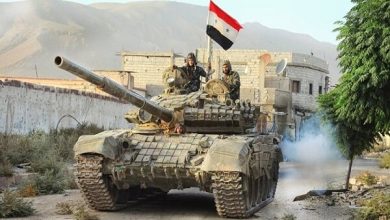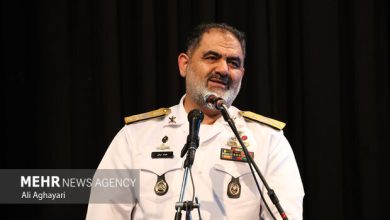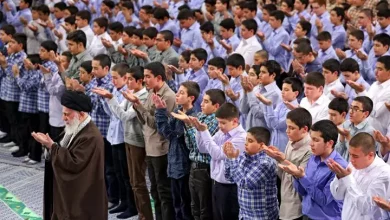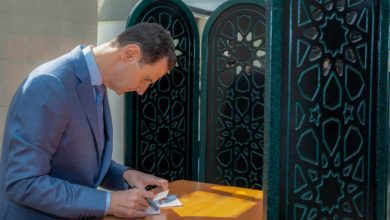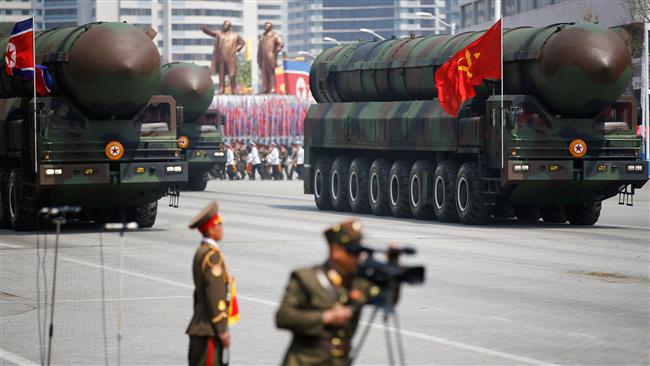Polls open in Angola in election marking end of president’s 38-year rule
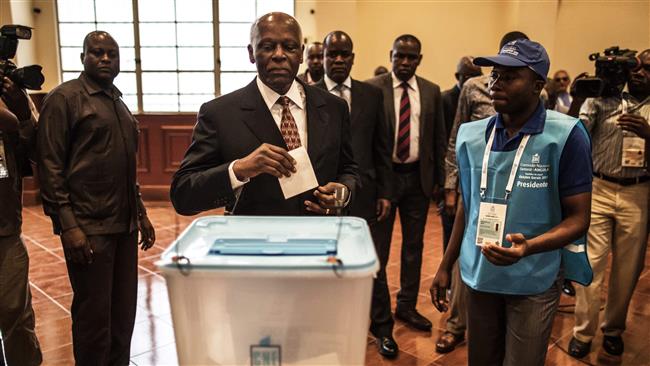

Angolans have headed to the polls in a historic election marking the end of the 38-year rule of ailing President Jose Eduardo Dos Santos, with his MPLA party expected to retain power but with a reduced majority.
Polling stations opened on Wednesday across the country – a former Portuguese colony – amid reports of a slow start in the nation’s capital of Luanda, where Dos Santos and his hand-picked successor and front-runner, Defense Minister Joao Lourenco, are due to cast their ballots later in the day.
Dos Santos’ retirement, which was reportedly prompted by ill health, has triggered the biggest political transition in decades for Angola, a leading oil exporter in Africa. He will, however, keep his position as the MPLA head.
Nearly 9.3 million Angolans are registered to cast their ballots to decide the fate of the country’s 220-member National Assembly. The winning party will then appoint the president.
The main opposition challenger in the election is the UNITA party, a former rebel group that battled the MPLA in Angola’s civil war. The party has ruled the nation since its 1975 independence from Portugal.
The MPLA, which stands for People’s Movement for the Liberation of Angola, won the 2012 polls with 72 percent of the votes amid widespread allegations of voting irregularities.
Meanwhile, at a weekend rally in front of thousands of MPLA party supporters, Dos Santos, a frail-looking 74-year-old, made a brief appearance to endorse the likely new president.
“We have no doubt about the victory of the MPLA, and our candidate will be the future president, which is why I ask you: August 23, vote MPLA … and Joao Lourenco,” he said in a weak voice.
Dos Santos has been dogged by reports of illness, and his regular visits to Spain for “private” reasons fuelled criticism that his health status was being hidden from ordinary Angolans.
Despite its oil wealth, however, Angola is plagued by poverty, corruption and human rights issues, though some observers argue that the new leadership may open the way to more accountability.
